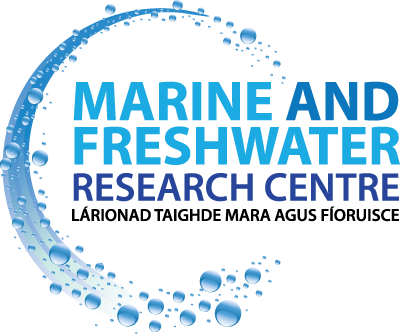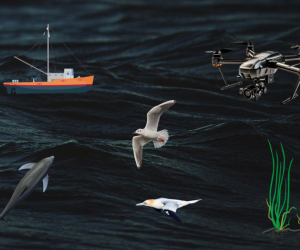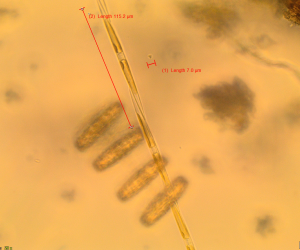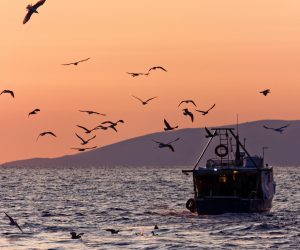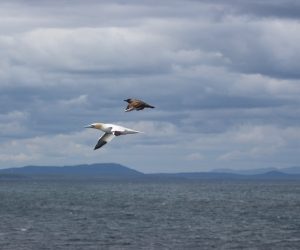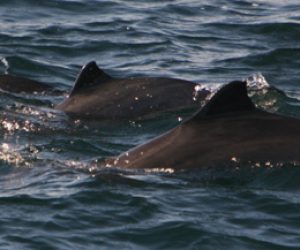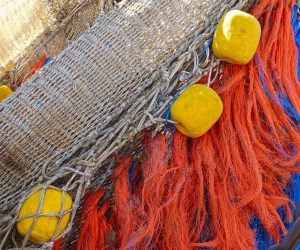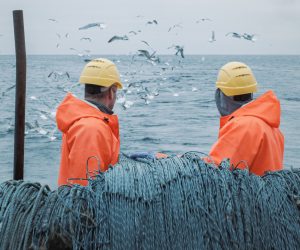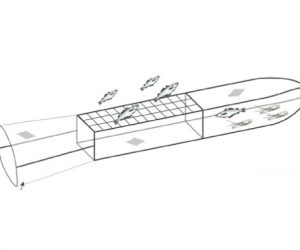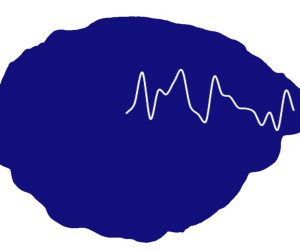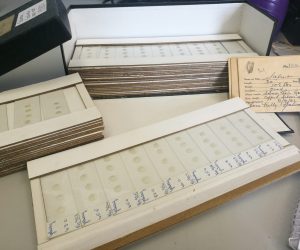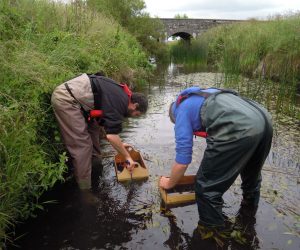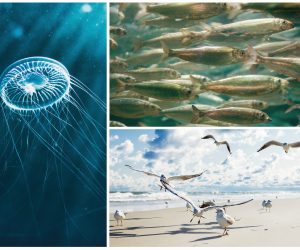Standing on the seashore I am ever excited by the beautifully complex and dynamic system just under the waves. Trying to understand small parts of that system and how we interact with it fascinates me and is the core of my research. My general approach in the presence of many uncertainties is to simplify with relevant probabilistic descriptions and allow observation, experiment and predictive capacity humble hypotheses. A statistical approach is vital to capture uncertainties and point towards the truth in what are often observation-only systems. I strive to continually develop the symbiotic relationship between marine science and statistical modelling. I therefore focus on the development and application of tailored statistical methodologies to understand dynamics at individual, population and community levels. Statistical research interests include hierarchical analysis, longitudinal analysis, mixture modelling and dynamic time series analysis, particularly state space modelling. Current and ongoing applications include mixture modelling of life histories, discontinuous time series filters, design and analysis of fishing gear experimental trials, and management strategy evaluation for wild population monitoring. I am fortunate to: collaborate with many great scientists and students of different disciplines, lecture in quantitative ecology and biostatistics, contribute to European stock assessments and be a founding developer of the RAM Legacy Stock Assessment Database.
